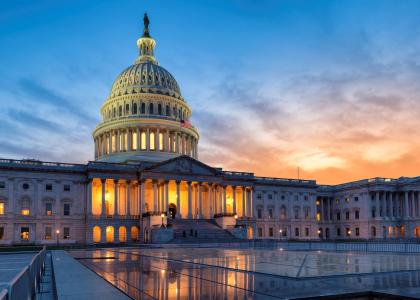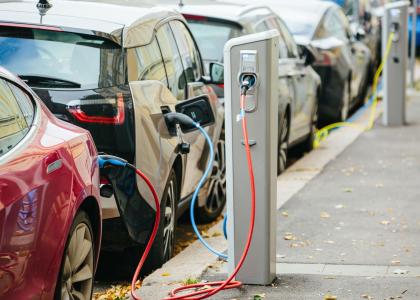Energy is one of the largest costs of home ownership, only surpassed by mortgage payments and about the same as the cost of real estate taxes. Fortunately, there is much that can be done to reduce the energy use of both new homes and existing homes and it is typically less expensive to reduce energy consumption in a home through energy efficiency measures than the cost of the same amount of energy from new energy supplies. Unfortunately, a series of market barriers keeps investments in energy efficiency below optimal levels.
Smart policies can help address some of these market barriers, helping the private market to better capture these efficiency opportunities. State, local, and federal policies, such as building codes, tax incentives, and voluntary new home and home retrofit programs, have contributed to significant improvements in home energy efficiency. However, substantial cost-effective energy savings remain untapped—the National Academy of Sciences estimates available savings of 25-30% over the next 20-25 years relative to the Energy Information Administration’s Reference Case forecast. As Congress considers ways to improve home economics and create jobs, we recommend that it consider policies to:
- Support model and state building code activities
- Improve home mortgage underwriting
- Encourage home energy use benchmarking and disclosure
- Provide temporary incentives for comprehensive home energy retrofits
Due to its ability to reduce home carrying costs and create jobs, energy efficiency should be one cornerstone of our efforts to improve home economics.


